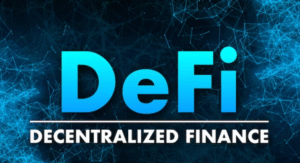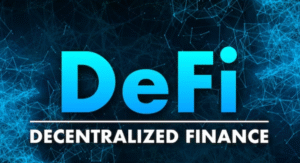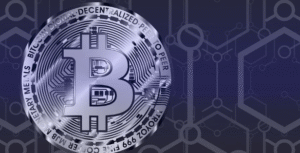$BTC $ETH $VET
#PiNetwork #Vietnam #Decentralization #CryptoRegulation #Blockchain #Cryptocurrency #NodeDiversity #TechRegulations #DigitalCurrency #CryptoMarket
The Pi Network, a digital currency project, is grappling with significant challenges that jeopardize its future viability and success in the global cryptocurrency market. A crucial concern stems from the network’s heavy reliance on nodes located in Vietnam. This geographical concentration not only raises questions about the network’s decentralization—a core tenet of blockchain technology—but also exposes it to the geopolitical and regulatory risks inherent to operating within Vietnam’s borders. The country’s regulatory environment is notably stringent concerning digital currencies, with the government exerting tight control over crypto transactions and exchanges. This situation places Pi Network at risk of sudden regulatory changes that could severely disrupt its operations.
Further complicating the issue is the central control over Pi Network’s coin supply. In an ideal blockchain network, the distribution and creation of new coins are decentralized, preventing any single entity from manipulating the currency’s value or supply. However, Pi Network’s structure allows for a more centralized governance model, where key decisions regarding the coin supply are managed by a core group. This centralization contradicts the decentralized ethos of blockchain and cryptocurrencies, potentially undermining trust among users and investors. Trust is paramount in the crypto world, where the perception of autonomy and security plays a significant role in a currency’s adoption and success.
The concentration of nodes in Vietnam not only highlights the geographical centralization issue but also the broader implications for Pi Network’s network security and resilience. Decentralization serves as a safeguard against network attacks, ensuring no single point of failure can compromise the system. By leaning heavily on Vietnam’s infrastructure, Pi Network increases its vulnerability to targeted disruptions, whether from regulatory actions, cyber-attacks, or infrastructural deficiencies. This situation undermines the network’s reliability and could deter new users and developers, essential for the network’s growth and innovation.
To mitigate these risks and ensure its long-term prosperity, Pi Network must prioritize diversifying its node distribution globally. This strategy would not only enhance network security and reliability but also align with the founding principles of blockchain technology. Additionally, transitioning towards a more decentralized governance model could help bolster trust and attract a wider user base. Regulatory challenges in Vietnam further underscore the importance of global diversification, as operating within a variety of legal frameworks can provide stability and flexibility in the face of changing regulations. Without addressing these pressing issues, Pi Network’s potential to revolutionize the digital currency space could be significantly hampered, leaving it vulnerable to the rapidly evolving crypto landscape’s competitive and regulatory pressures.











Comments are closed.